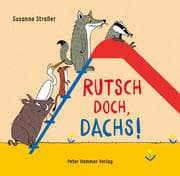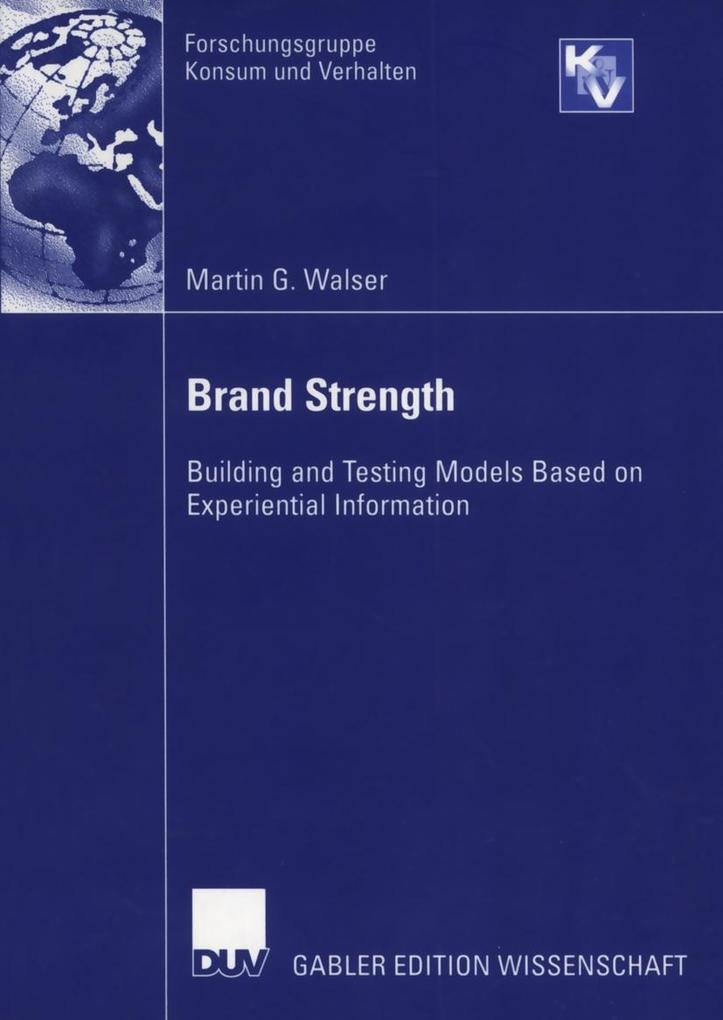As brands have developed an image as an integral, beneficial part of products and services, the evaluation of brands has become the subject of substantial research. Sparked by the strong interest in measuring the financial value of brands, numerous attempts to assess the value of a brand from a marketing perspective have been made recently.
Martin G. Walser generates a standardized scheme for describing and evaluating existing approaches to measure the strength of a brand. On this basis, the author contributes to the as yet limited scientific research into the formation of brand strength by breaking with the well established "advertising paradigm", which postulates that strong brands are above all the result of advertising. Instead, he focuses on "experiential information", i. e. the consumers' experience with the brand, as a main source of brand strength. An empirical study supports the author's conceptual model and invites both researchers and practitioners to take into consideration the consumers' experience more explicitly.
Das Werk wurde mit dem Nestlé-Preis für Wirtschaftswissenschaften 2001 und mit dem Preis der Wirtschaftskammer Tirol 2001 ausgezeichnet.
Inhaltsverzeichnis
1. Introduction.- 1.1. Research problem and purpose.- 1.2. Research process and structure.- 2. Brands.- 2.1. The importance of brands.- 2.2. Historical evolution of brands.- 2.3. Functions of brands.- 2.4. Defining brand .- 2.5. Objects of branding activities.- 3. Brand evaluation.- 3.1. Causes for the interest in brand evaluation.- 3.2. Brand evaluation: classification and areas of application.- 3.3. Discussion of terminology.- 4. Brand strength.- 4.1. Classification of existing definitions.- 5. Measuring brand strength.- 5.1. A consumer-behavior framework for brand strength measures.- 5.2. Summary of brand strength measures.- 5.3. Current problems in measuring brand strength.- 5.4. Assessing the necessity for multiple-construct measurement approaches.- 5.5. Conclusions and recommendations for measuring brand strength.- 6. Brand strength formation.- 6.1. A process of brand strength formation.- 6.2. A conceptual model of brand strength formation.- 6.3. Antecedents of brand strength.- 6.4. A situative approach to assess the impact of experiential information on brand strength formation.- 7. Empirical design.- 7.1. Approach and objectives of the study.- 7.2. Operational definition of variables.- 7.3. Empirical model and research hypotheses.- 7.4. Research method.- 8. Empirical findings.- 8.1. Hypothesis testing.- 8.2. Testing the causal model of brand strength formation.- 8.3. Summary and discussion of findings.- 8.4. Limitations.- 9. Conclusions.- 9.1. Contribution.- 9.2. Implications for further research and brand management.- References.











